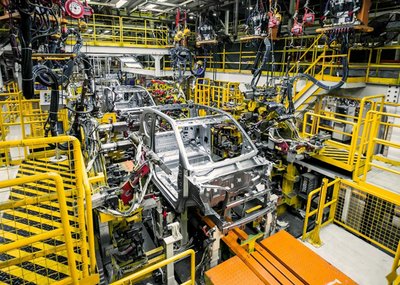When you can't buy that Ford F-150 pickup or Sony PS5, blame the chip shortage. A worldwide problem triggered by the COVID-19 pandemic has metastasized into a years-long disruption of everything electronic. Product shortages are causing problems for the most impressive exercise of consumer power, the American holiday shopping season.
If you can't buy your preferred game console or laptop, you're not the only one who's all riled up. The shortage is leading the tech industry and politicians to try to reverse the US' waning importance in the microprocessor business. The US government isn't happy with how reliant the country's economy and military are on Asian high-tech manufacturing. And chipmakers, salivating at government subsidies to underwrite research and new factories, and forecasting a widespread increase in chip demand, are investing as never before.
Overall, the chip shortage is shining a new spotlight on the state of US manufacturing and how much of it has moved out of the country. Intel, which slipped to third place behind Taiwan Semiconductor Manufacturing Co. (TSMC) and Samsung Foundry, hopes to take advantage of the tailwinds -- rising demand and government funding -- to reclaim its leadership position.
"We don't want to create a situation where the United States, which created the semiconductor industry and Silicon Valley, would be completely dependent on other nations for that product," said Al Thompson, who leads Intel's US government relations.
The chip industry's new course is part of what some call the decoupling, which at least to some degree is pulling the Chinese and US economies apart. No one expects supply chains without links overseas, but the chip shortage response definitely has a nationalist flavor.






